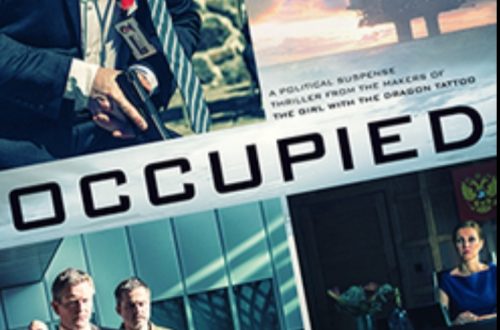Guest post by Andrew Murphy
Valentine’s Day this year will be like any other day for most of us: lovers exchanging Hallmarks’, chocolates, candle-lit romantic dinners and bedroom rendezvous. However, for one man, this Valentine’s Day marks the 20th Anniversary of a deadly heart-shaped fatwa calling for his death. Salman Rushdie, the British Indian novelist, found out he was a marked man February 14, 1989, when Radio Tehran broadcast a plea by the late Ayatollah Khomeini offering blood money for anybody who would kill this “blasphemer”.
Of course the “crime” was Rushdie’s novel, “The Satanic Verses.”
Looking back those twenty years, what can we all take away from this horrific attack of free speech?
1) The response by many on the Left and the Right was actually quite craven. British rightwing columnist Peter McKay dismissed the fatwa as a paper tiger. Of course, the fact that bookstores were firebombed; Hitoshi Igarashi, the Japanese translator of the book was stabbed to death; and the Italian, Turkish and Norwegian translators were targets for assassinations apparently don’t count as threats to some. Norman Podhoretz claimed Rushdie insulted Islam and deserved what he got. On the Left, John Berger, John Le Carre and several Labour MPs said the same thing. And who can forget, the late Arthur Miller’s attempt at Pontius Pilate by declaring when asked about Rushdie: “I’m Jewish.” The Archbishop of Canterbury at the time, George Carey, as well as the Vatican, were not excited about defending Rushdie either.
2) Blaming the victim is always in style. Whether it is illegal immigrants abused by employers, women who dress “provocatively” and then are raped, or novelists who write about issues which make people actually think about serious issues, it is always their fault when misfortune falls their way.
3) The situation has only got worse: the killing of filmmaker Theo Van Gogh, the almost certain permanent exile of Ayaan Hirsi Ali from Holland, the Danish Cartoon controversy, the outrage at right-wing politician Geert Wilders’s film “Fitna” and threats of prosecution by “anti-discrimination” groups.
Twenty years later, the question still remains. Why do so many “progressives” prefer to be mad at people who value freedom of expression instead of being mad at those who would silence anybody who differs with their world view?


